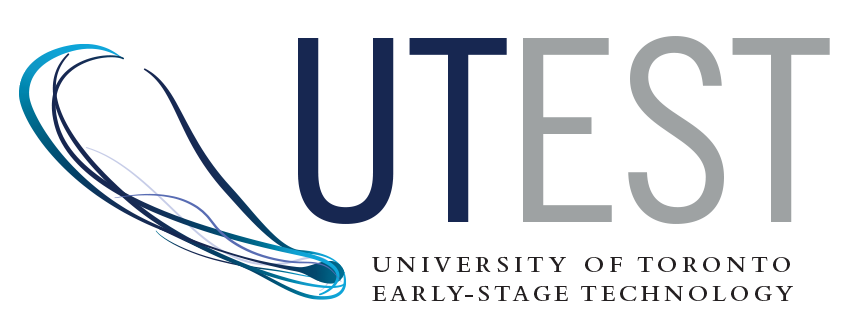 The University of Toronto Early-Stage Technology (UTEST) program‘s second cohort is coming to a close, with applications for a third cohort open until April 17.
The University of Toronto Early-Stage Technology (UTEST) program‘s second cohort is coming to a close, with applications for a third cohort open until April 17.
The incubator program, a University of Toronto and MaRS Innovation joint partnership, helps affiliates of the university develop and commercialize their ideas. Successful applicants receive twelve months of mentoring to incubate their technology into a product, with access to immediate follow-on investment of up to $500,000 through MaRS Innovation. Access to provincial and federal funding resources is also available, with longer follow-on support if necessary.
Go to UTEST’s website for more information on program criteria and the programs first and second cohort graduates.

Lyssa Neel, former MaRS Innovation project manager, co-founded the UTEST program and acted as program director. She assessed many applications and worked with successful applicants from the program’s first and second cohort, and launched twelve start-up companies.
One of those companies was Crowdmark. Invented by U of T math professor James Colliander, Crowdmark drastically cuts the amount of marking time faced by instructors by allowing them to grade assignments through a paper-to-cloud web application. Over 10,000 pages have already been marked on the Crowdmark platform.
Neel is now chief operating officer at Crowdmark, and recently helped the company sign a partnership agreement with Ricoh Canada.
Here’s what she had to say about what successful applicants can expect in the program and a few helpful hints on navigating the start-up world.
What’s one unexpected challenge start-ups face today?
The start-up world is being done in by its own success! This turns out to be a challenge for everyone. For software start-ups, you are scrambling for limited resources, and it is hard to be unique. If you have a great idea, chances are people in Tel Aviv, Palo Alto and Stockholm also had that great idea. For non-software start-ups, it’s really hard to get any attention. Everyone’s focus is elsewhere right now.
What’s one piece of advice you would give UTEST’s third cohort?
Don’t come into an incubator if you plan to only work on your start-up nights and weekends. A start-up is a full-time-plus commitment.
What makes UTEST a great place to develop ideas?
First of all, there are no other incubators that I know of who will fund an idea, but UTEST will. And UTEST doesn’t kick you out after three months expecting your valuation to have quadrupled in that time period. This might happen once in a while, but as an expectation, it is totally unrealistic. UTEST gives companies time to develop. That’s why it’s really an “incubator,” not an “accelerator.”
What’s one avoidable mistake that’s easy for a start-up to make?
Not understanding that a start-up is a business. Businesses have to make money or they die. Understand how you are going to make money and how your company is going to sustain itself until you are profitable.
What’s the best piece of advice you’ve gotten that helps you run a successful start-up?
“Communication and interpersonal skills are vastly underrated.”
Posted by Kailee Travis, writer and communications assistant.

